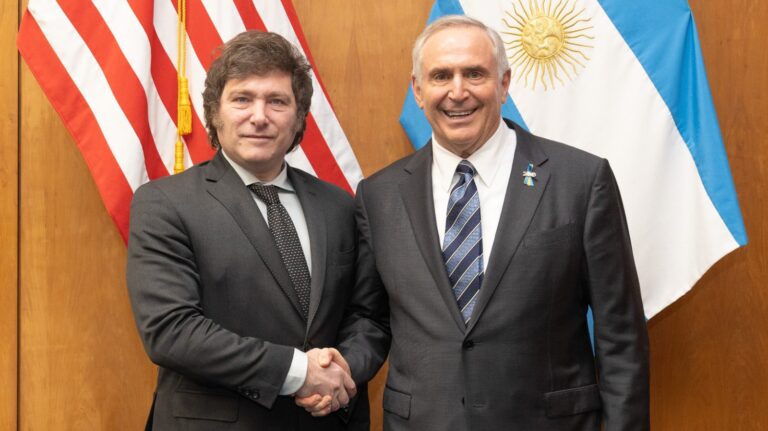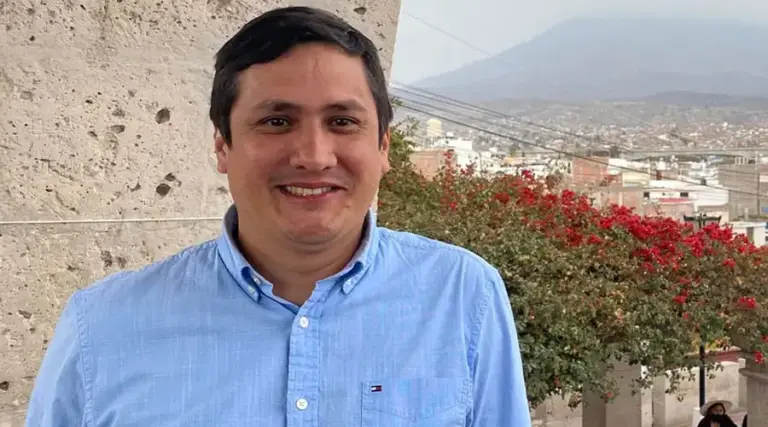[Editor’s note: PRI is concerned about a recent surge in population control activity in Africa, and subsequent human rights abuses committed in the name of “family planning,” especially in Kenya. Dr. Raphael Wanjohi, a clinical psychologist from Kenya, visited PRI on 28 August 1999. With many contacts in Kenya’s medical community, Dr. Wanjohi was able to provide PRI with the following information. Following is a transcript of PRI’s interview with Dr. Wanjohi.]
PRI: Do you know how widespread lack of informed consent for sterilization and IUD insertion is in Kenya?
Dr. Wanjohi: This is very much the case in the government hospitals. These hospitals directly follow government policy.
PRI: Government hospitals that get foreign assistance have policies that do not provide informed consent?
Dr. Wanjohi: Yes.
PRI: How would you state the policy?
Dr. Wanjohi: The document issued by the Director of Medical Services, the equivalent of the Surgeon General in the US, to all the government hospitals tells the doctors and nurses to inform an expectant mother, whose contraceptives failed, that they will terminate her pregnancy. This is well known. Also, when nurses are being trained, they needed to insert IUDs into a certain number of women before they can be qualified. This I know because we have discussed it so much with my friends and colleagues who failed to qualify for reasons of conscience. They organized a kind of strike, and they also said that they would not commit abortions. This was never reported in the Press, but this strike caused a response of emergency meetings in the medical training school, where it was decided that the government hospitals would never inform anybody that they were performing abortions, to diffuse the tension which was there.
PRI: So there is no conscience clause for doctors or nurses in training, so they can be released from having to provide contraception, sterilizations, or abortions.
Dr. Wanjohi: No there is not.
PRI: How do doctors opposed in conscience continue?
Dr. Wanjohi: It is very hard to pass the examination. You are failed, and failed again.
PRI: If a woman goes to a government hospital to deliver a baby, how will the hospital pressure her to use “family planning” or to accept sterilization?
Dr. Wanjohi: I know directly of a very revealing ease. An expectant mother, having had abortion twice, went to a government hospital and was diagnosed with hypertension. In that hospital, abortion was seen as a cure for hypertension. So the third time she was also diagnosed with having hypertension. She was told she had to sign for abortion. She refused. She wept. And they left her alone. A close friend of mine, at that time was doing his Masters in gynecology, and was making his rounds in the hospital, and heard her crying. He got the story from her. He said to her “you don’t need to have the abortion. What we need to do is control the hypertension.” The other doctors said “Okay, you do it.” So finally the mother delivers twins! And I know personally of another case like this, and I am told that this is the norm.
PRI: So there are many eases of women being pressured into abortion, but who refused. And of course there are other cases where women are pressured into abortions and succumb to the pressure.
Dr. Wanjohi: Yes, because they have no alternative and there is nobody to help them. The two cases I know of are the lucky ones.
PRI: Are there eases where women are pressured or coerced into sterilization?
Dr. Wanjohi: Yes. Tubal ligation without consent is standard practice in the provincial hospital.
PRI: Are women often denied medical care if they refuse to accept “family planning”?
Dr. Wanjohi: Usually, mothers or expectant mothers go to the government hospital with a “hospital card” so that they can receive pre- and post-natal care. You have to have the card when you go to the government hospital so that, being a woman, you can now go off pre-natal care, and receive post-natal care. The card shows if the woman has received family planning. If they have not received family planning, they are in trouble.
PRI: So hospital personnel will deprive mothers and their newborns of post-natal care?
Dr. Wanjohi: Yes, the woman is caught between labor and delivery, when she is told that she will be unable to receive post-natal care unless she agrees to accept family planning.
PRI: Can you speak to the problem excess shipments of condoms and unwanted “reproductive health” supplies at the expense of basic health?
Dr. Wanjohi: It is common knowledge that in Kenya there is a basic lack of primary health care supplies. Medical clinics have boxes of condoms piled to the ceiling but no antibiotics, no penicillin to give children with pneumonia, no medicines to treat women with complications. This is because any foreign aid given to Kenya has a component of population control. That is the reality. We don’t have drugs as much in the hospitals as condoms, even aspirin, or the anti-malarial drug which is so important. There is also government corruption: the Kenyan government will allocate money for drugs for hospitals, and no one will know where the money has gone. Most of the government hospitals are without drugs, and lack necessary equipment. The poor are the ones suffering, although they are paying taxes. We recently had a malaria attack which has killed almost 700 people, because there was no anti-malarial in the hospital, which should have been but was not due to government corruption.
PRI: And malaria medication costs only a few cents.
Dr. Wanjohi: Yes, just a few cents and it does not need even a prescription. And this was not available in the hospital.










